27, August 2018
Giving Back To Society: SOBA UK donates 1000 Pounds to ExSSA UK 0
In a massive show of solidarity and support the Executive President of the Sasse Old Boys Association, SOBA UK over the weekend in Chesford Grange Hotel unveiled a one thousand pound (£1,000) donation to the ex-students of Saker Baptist College, ExSSA UK in their latest string of charitable support to alumni associations.
Cameroon Concord News Group understands that the money will help expand and improve ExSSA UK’s activities including their theme to engage and elevate the education of the girl child. In a captivating speech delivered by the much respected SOBA UK President Mr Ayuk Akoh-Arrey, the Sakerettes were reminded of the long standing connection between the students of Joseph’s College, Sasse and Saker Baptist College Limbe. President Akoh-Arrey told the sell-out crowd of over 300 guests that Sasse College and Saker Baptist share a long standing history, and that their cause to support the education of the girl child was a good cause, and he congratulated the National President of ExSSA, Ms Irene Tamajong and her organising committee for putting up a great convention.
The SOBA UK President made public the names of the many SOBANS who attended the event, among them, the former CPDM UK Section Vice President Comrade Alfred Bate Bawak, Chief Bate of MECA Leicester and Hon. Eko Ngwashi, along with members of the SOBA UK Executive team in full attendance.
The President of ExSSA UK, Irene Tamajong assured the guests at the convention that the money will be spent on good causes. Speaking to our UK correspondent immediately after his presentation, President Akoh-Arrey said SOBA UK will continue to make significant donations to support its members and charitable causes. He said the key target for SOBA UK now is to deliver a very successful Convention on 22nd September 2018 at St George’s Park, the Home of England National teams.
By Soter Tarh Agbaw-Ebai
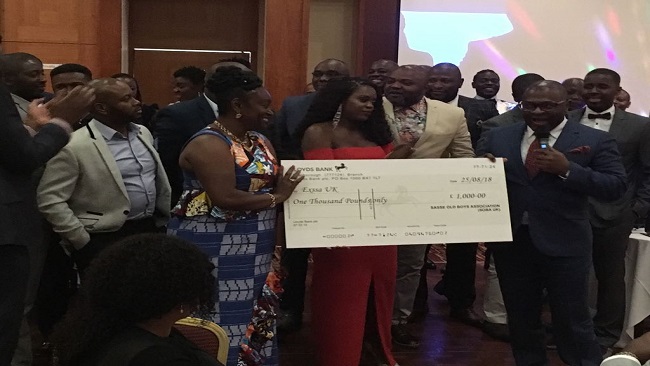


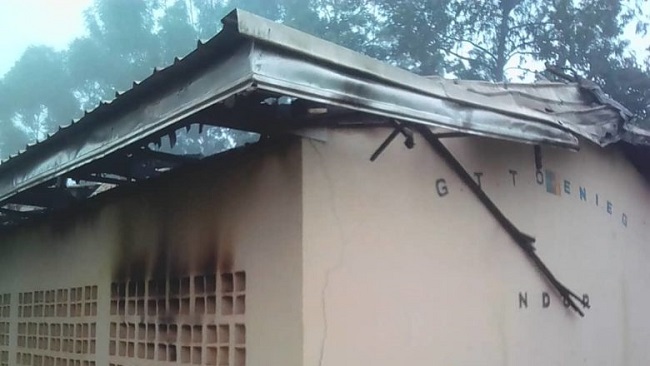

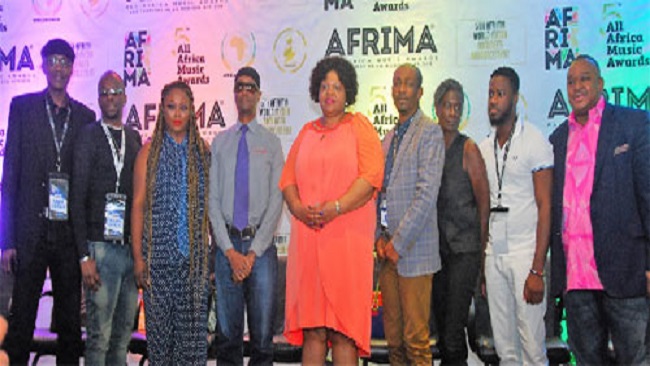
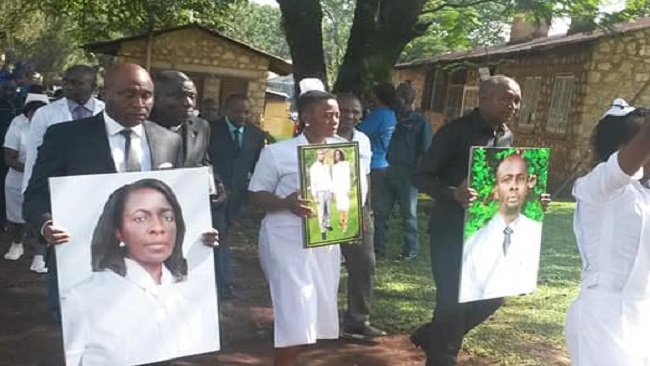
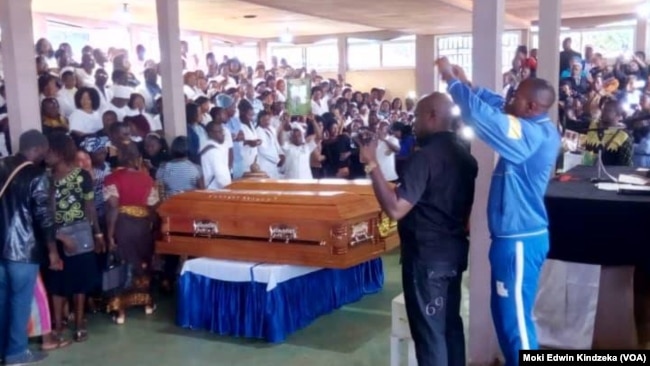
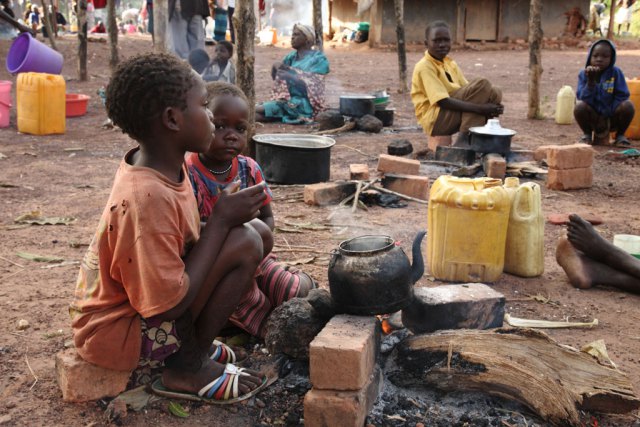

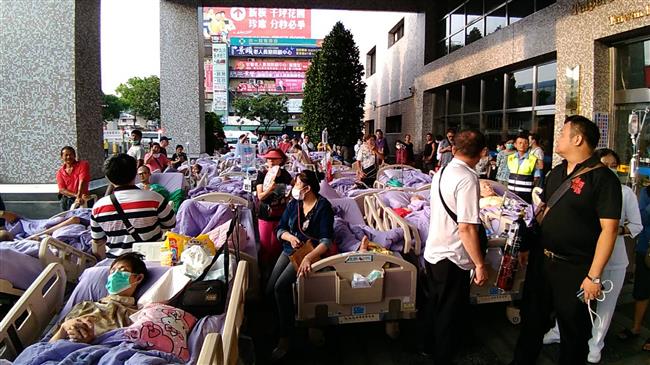


















28, August 2018
Schools resumption: Interim Government says Ambazonian schools not safe 0
The Ambazonian Communications Secretary, Hon. Chris Anu has asked Southern Cameroons parents and guardians to keep their children and wards at home saying no public or private school is safe for any academic activities in the Federal Republic of Ambazonia.
Chris Anu in an audio message aired today said French Cameroon government forces have placed nearly all primary, secondary and high school campuses in Southern Cameroons under lock and key and many of the premises are serving as military barracks for the invading Francophone troops.
The Interim Government spokesman noted that the current French Cameroun military operations deep inside Ambazonian territory posses challenges in the country and has made it difficult for the Ambazonian Interim Government to guarantee the safety and security of Southern Cameroons pupils and students.
The Ambazonian Communications Secretary further pointed out that the issue of back to school is the sole responsibility of the parents. Chris added that French Cameroun forces have been targeting Southern Cameroons teenagers.
By Rita Akana